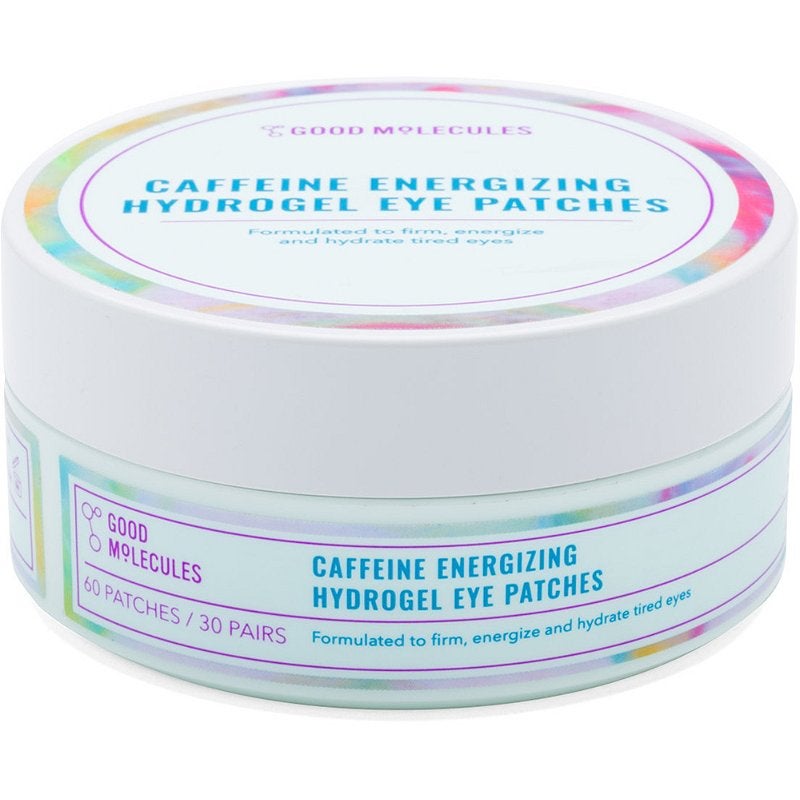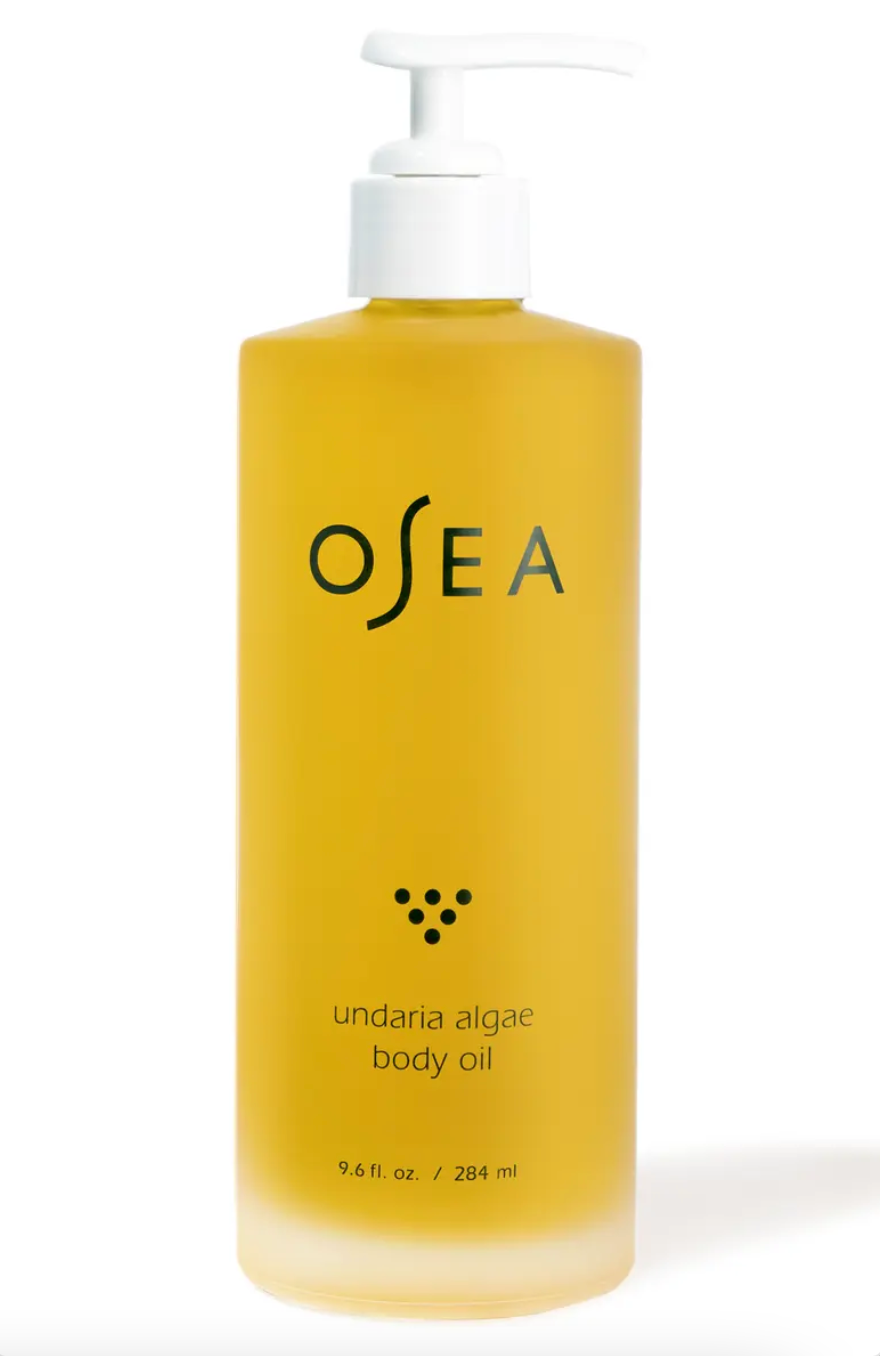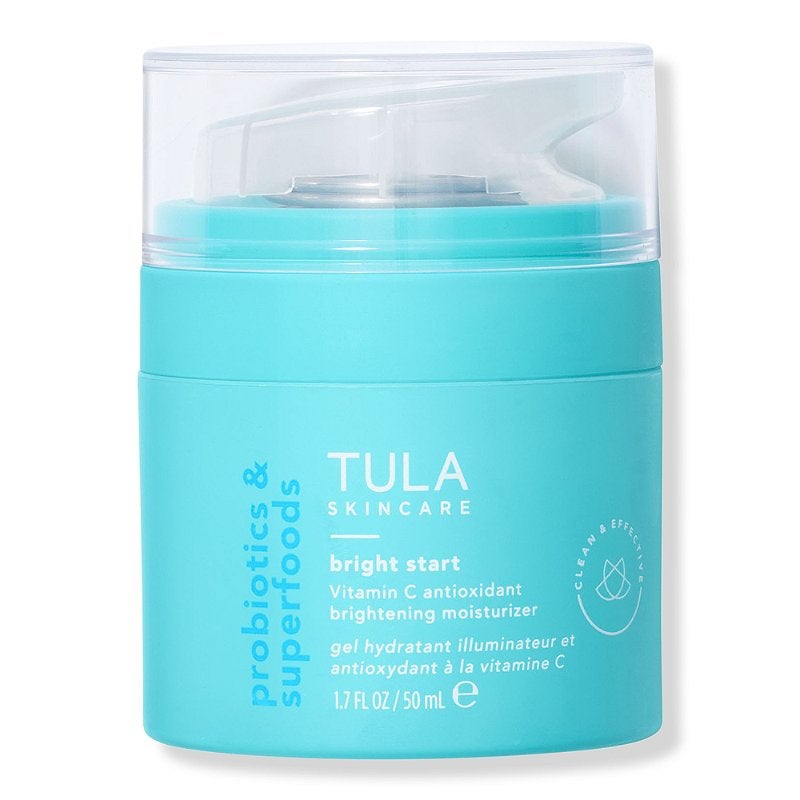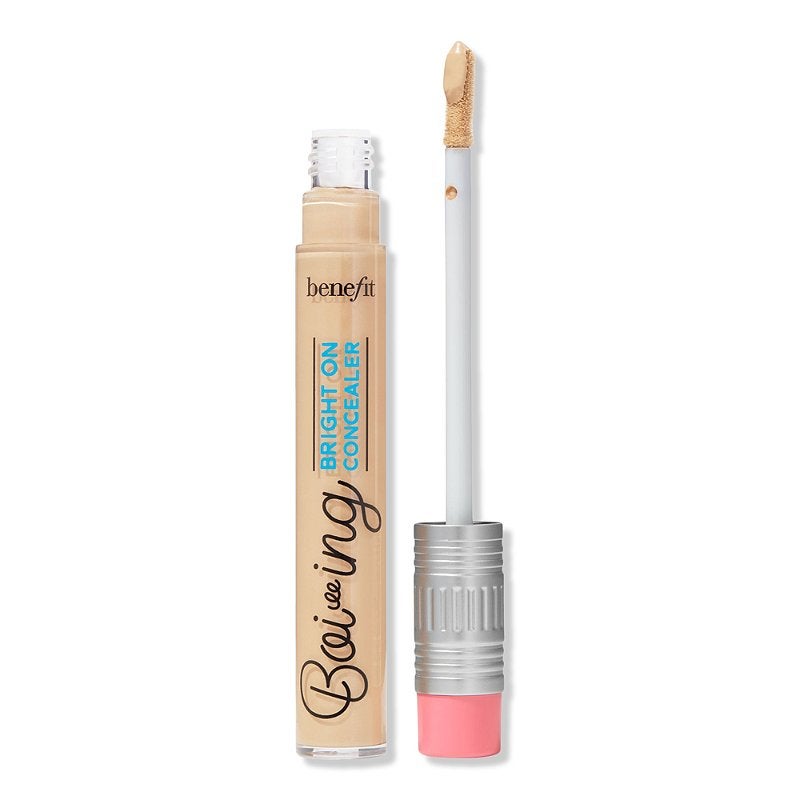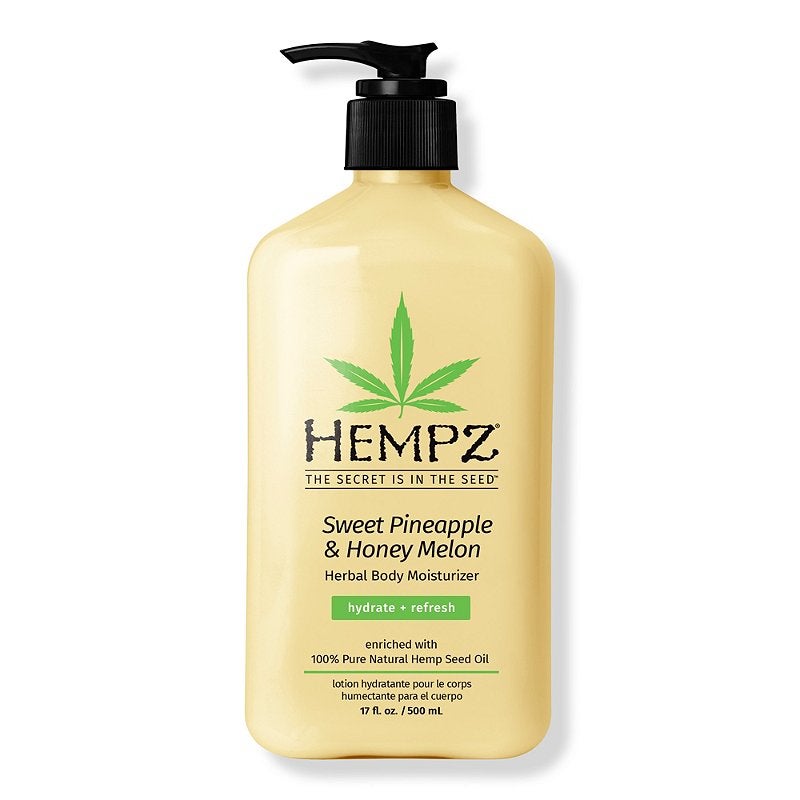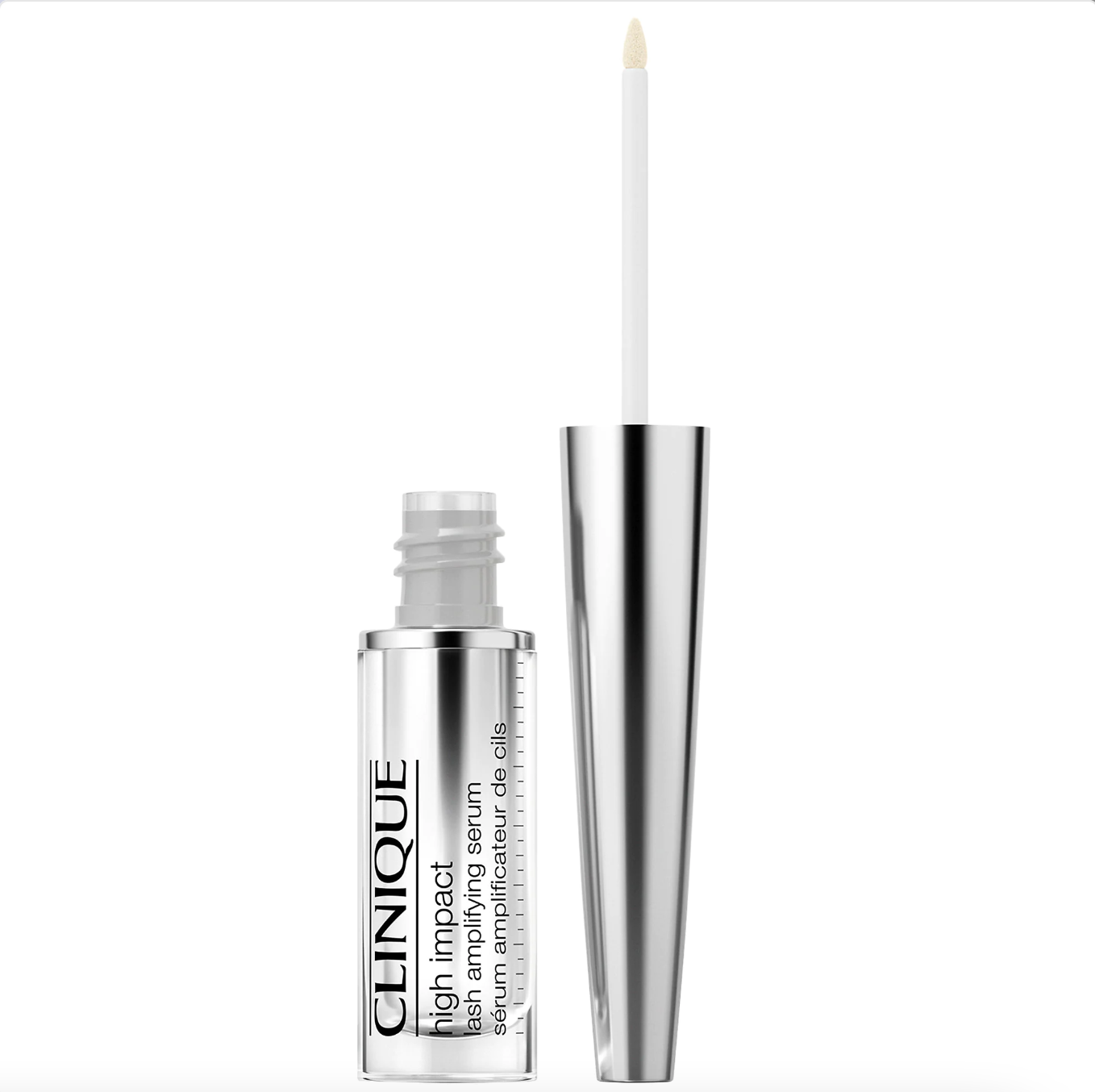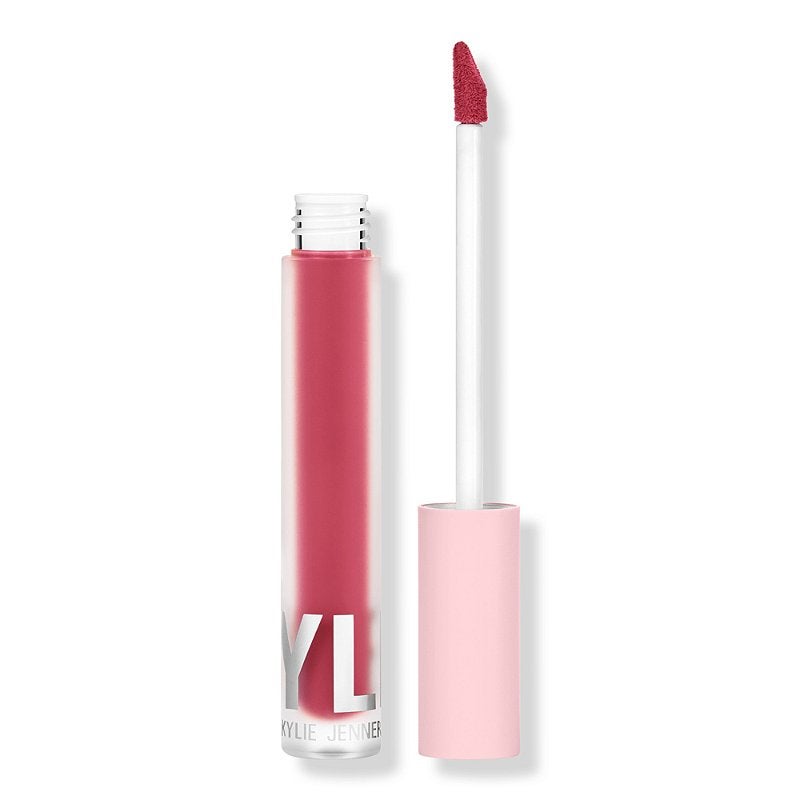The Complicated Relationship Between Mental Health & Your Beauty Routine
Warning: This article contains mentions of descriptions of mental illnesses that some readers might find triggering.
Think of the one beauty product that brings you the most happiness: Maybe it’s a luxurious face mask you splurged on. A red lipstick you only break out on special occasions. A fragrance that transports you back in time. Whatever it is, even on the crummiest of days, a certain product — and the ritual of using it — can feel deeply cathartic. Sure, there may not be any substantial or immediate effects, but the texture, scent, or even the pretty packaging can just feel good. What’s more, the simple act of doing something for yourself, aka self-care, can go a long way in improving your well-being.
AdvertisementADVERTISEMENT
Of course, self-care isn’t limited to a beauty routine, explains psychologist Jenny Yip, Psy.D., ABPP. “It can be anything: a five-minute walk in between tasks or something lengthier, like a three-hour treatment at a spa,” she says. “When we’re focused on self-care, we’re just taking a break from the busyness of life — and we all need downtime to maintain our mental wellness.”
But the practice of self-care, especially when it comes to beauty, can sometimes be complicated for someone who’s experienced a mental health disorder. Though it’s proven to be beneficial in a number of ways, a self-care routine can feel challenging to execute — or look a bit different — if you’re also experiencing mental health symptoms.
Below, with support from Ulta Beauty, we spoke with several women (some of whom have requested anonymity) who’ve experienced mental health disorders to learn how their beauty routines are impacted. With added insight from medical professionals, we explore the connection between self-care and mental health.
Self-Care Can Sometimes Feel Non-Existent
If your beauty routine or self-care regimen tends to change based on the state of your mental health, you’re not alone: Rebecca, 39, who was diagnosed with anxiety and depression in her 20s, says that when she’s feeling low, she’s “lucky if I brush my teeth, take a shower, or wash my face. I’m like, What’s the point? And on days when I’m feeling anxious, I’m like, I just don’t have the time. That basic self-care is just non-existent.”
Hannah*, 40, who has been diagnosed with generalized anxiety, depression, PTSD, and panic disorder, says her symptoms affect her ability to stick to a routine in different ways. “On the days I’m really down, I’ll skip my full skin-care routine and just use moisturizer. I don’t want to put makeup on at all. I wait as long as humanly possible until I have a meeting or something I need to wear it for, and I’ll put on just enough.” But when she’s feeling anxious, the opposite occurs — she pays especially close attention to her makeup. “When I’m experiencing anxiety, I want to find things to control and finish and execute,” she says, “and applying makeup just happens to be one of them.”
AdvertisementADVERTISEMENT
Dr. Yip notes that certain symptoms affect people in different ways, and that mental health disorders can impact various parts of someone’s life — not just their self-care routines. “Whenever a person is depressed, that person has low-energy to accomplish anything, whether it be related to their work, social life, family, and, yes, self-care,” she says. “With anxiety, a person has extra energy, and they might utilize that on exercise, social activities, or anything to keep their mind distracted from whatever it is they’re anxious and worried about.”
It’s essential to seek help if your mental health is interfering with your daily life, including your ability to care for yourself. A professional can help you determine the best next steps for you, which may include treatment such as therapy or medication. They may also suggest lifestyle adjustments, like finding ways to get back to a healthy sleeping, eating, and self-care regimen, because while these areas can be very easily disrupted when we’re not feeling our best, experts say they have a demonstrable, positive effect on mental well-being.
“Improved sleep quality is associated with improved mood, less irritability, and a reduction in anxiety,” says psychiatrist Gregory Scott Brown, MD, adding that meditation can help with physical and emotional pain, and movement and breathwork can boost your mood and lower anxiety. (It’s important to note that practicing self-care shouldn’t replace any treatment plan created in conjunction with your doctor, although it can support one.)
Finding A Routine That Works For You
AdvertisementADVERTISEMENT
The experiences of people with mental health disorders we spoke to acknowledged that, while self-care can feel more difficult when they’re experiencing symptoms, making an effort to stick to supportive routines ultimately makes them feel better.
And it’s not just the basics of sleeping, eating, and taking walks or meditating that people found helpful. Certain beauty rituals (or a little extra time dedicated to a ritual) can feel particularly soothing at times. Ultimately, these practices are completely personal; what feels nurturing and useful to one person may not be all that appealing to another. Rebecca, for instance, says she indulges in Epsom salt baths with a book and her favorite 24-karat gold face mask each week. “Also, once a month, I try to get a facial,” she adds. “I realize that’s an extreme privilege, and some months I can’t do it financially, but that’s time I try and set aside for me.”
Angie*, 28, was diagnosed with major depressive disorder two years ago. Prior to seeking treatment, she says she neglected her beauty routine entirely. “Something small like a skin-care routine can feel so big,” she says. Now, with the help of regular talk therapy, going through the steps of her self-care ritual, which often involves using a jade roller and moisturizing with Kiehl’s Creme de Corps Soy Milk Honey Whipped Body Butter, feels rewarding, “like I did something good for my body.”
Sarah, 33, finds that the steps in her beauty routine make her feel energized. I think it’s important to feel good about yourself, whatever that means for you,” she says. “For me, it’s putting on some moisturizer and some blush. I like to get my eyelashes done, too. It just makes me feel better.”
AdvertisementADVERTISEMENT
Finding a ritual that works for you may take a little experimentation. It also requires flexibility and self-compassion — the goal here is balance, says Dr. Yip. “Remember that striving for perfection — like sticking to a five-step cleansing routine or wearing a bright red lip or winged eyeliner every single day — will only create more anxiety, disappointment, frustration, and that’s where you can become obsessed about your appearance or a certain part of your body,” she explains. She suggests setting boundaries by associating beauty with practices that feel good to you — and only you. “Ask yourself, Does this activity make me feel good or am I doing it for another purpose?” If it becomes stressful, let it go.
Dr. Brown adds that it’s crucial to view self-care — not one particular routine, but the practice as a whole — as a necessity rather than a reward. “We don't appreciate self-care as medicine, and that's because it’s often under attack, with some people suggesting that it's a luxury without practical value,” he says. “Developing a self-care playbook for your mental health is all about finding what's practical for you — and then sticking to it.”
The bottom line? A self-care routine or beauty regimen won’t always look perfect, nor will it always come easily. “I still really have to hype myself up to complete [my routine],” says Angie*. “Living with major depressive disorder means that every day [feels like] there’s no point in taking care of yourself and that you don’t deserve to. But I feel like it’s the least I can do for myself.”
If you are in crisis, please call the National Suicide Prevention Lifeline at 1-800-273-TALK (8255) or the Suicide Crisis Line at 1-800-784-2433.
shop 7 products
AdvertisementADVERTISEMENT








